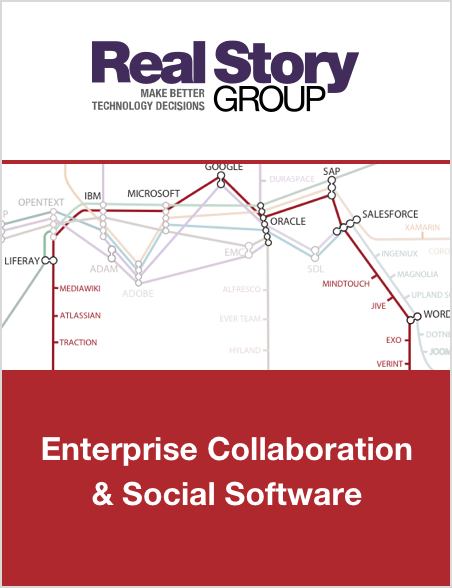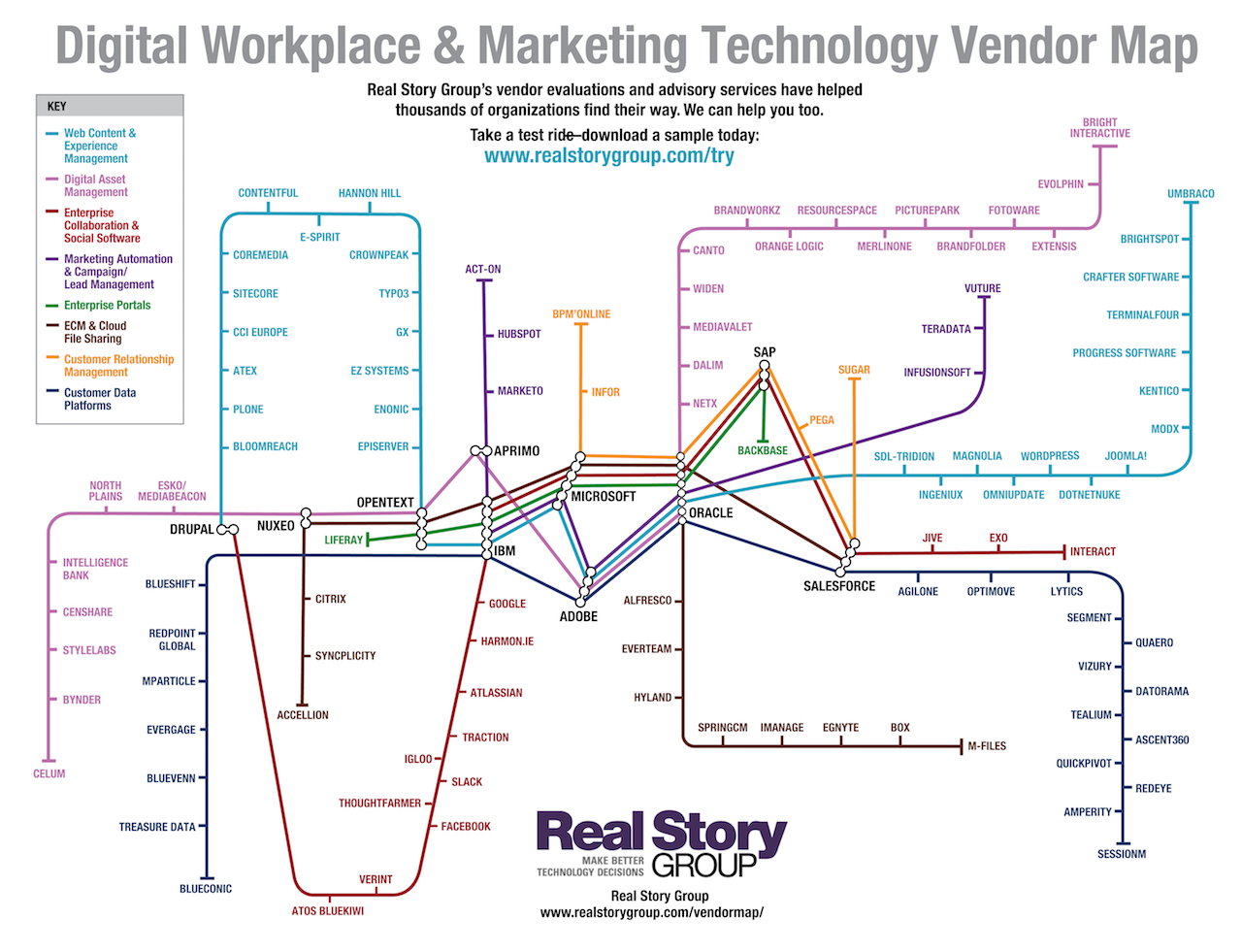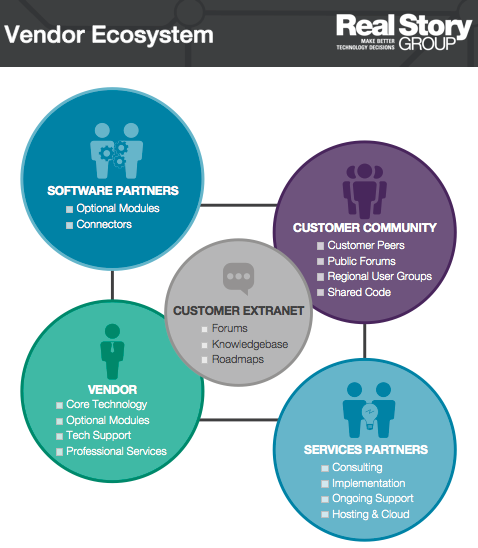The Ongoing Mobile Challenge for Your Digital Workplace
Perhaps you've heard this joke about consultants: A consultant is someone who borrows your watch, tells you the time and charges you for that. The new twist to this old joke is that it would take a really good consultant to take an Apple Watch and tell you the enterprise use cases for that.
But you gotta walk before you run. Forget extended mobility represented by wearables such as the Apple Watch; the typical enterprise today is hardly mobile-enabled, as I've noted before. To be sure, there are some genuine concerns around security and inherent limitations of the mobile device form factor but well-thought through mobile applications can really be win-win for the the enteprise and the employee through increased usefulness and enhanced employee engagement.
RSG's recently-updated collaboration and social software evaluations provide a critical look at the mobile experiences offered (and not offered) by different products.
Three Approaches to Mobile Collaboration
There are variations but broadly, you can think of the mobile experience / services that you find in the collaboration products as a mix of responsive design, native/hybrid apps, or aggregator apps.
Responsive Design
Responsive design has more or less become table stakes now. Most of the vendors we cover support responsive design in most of their interfaces. But sometimes you'll need to go beyond responsive design. For instance, not all services in an intranet/portal lend themselves elegantly to show-hide stacking in a single mobile web codebase.
Mobile Apps
Many (though not all) vendors provide accompanying mobile apps, but their functional richness and extent of collaboration services can differ from vendor to vendor. Mobile OS fragmentation used to be a bigger concern a few years ago but now with the dimming fortunes of Blackberry, Nokia/Microsoft, it is not as problematic these days.
However, the experience of vendors that launched narrowly-focused mobile apps for specific functionality of the intranet platform has varied. For instance, Jive has launched / planned to launch three mobile apps for chat, employee directory, and news, but has since dialed down the ambitious plans for these apps.
Sitrion (formerly Newsgator) has a different take on mobile collaboration; they acknowledge that not all tasks are best-accomplished via mobile devices but some tasks may be more amenable than others. For instance, a manager wants to quickly review time sheets or workflow tasks, micro-tasks that can be completed in-between meetings.
Make sure you understand the mobile app roadmap of your main collaboration tool vendor, particularly before you invest in a third-party app. You may also need to set your colleagues' expectations about the need for multiple, single-function apps from the same vendor.
Aggregator Apps
Indeed the problem of "app proliferation" can become significant, particularly with larger platforms from the likes of Microsoft or IBM. To alleviate such concerns, some aggregator vendors (e.g. Sitrion cited above or harmon.ie) have developed apps to mobile-enable multiple cloud services, so that employees can get their work done through a single gateway app.
This approach is quite promising in theory, but the extent of integration can prove too shallow to be really useful for your team, and the vendor needs to constantly keep up with integrating multiple services from different vendors in the enterprise tech stack.
Mobile-collaboration is still an evolving and unmet need.
The popularity of Slack, particularly on the user engagement front (it may not really be ready for large enterprise use) — a group chat tool developed with a mobile-first design ethos — underscores that mobile collaboration in the digital workplace remains an unmet need. Traditional collaboration vendors have lagged here but are scrambling to catch-up. In the meantime, caveat emptor: be sure to pay attention to mobile-collaboration capabilities in your technology selection.








